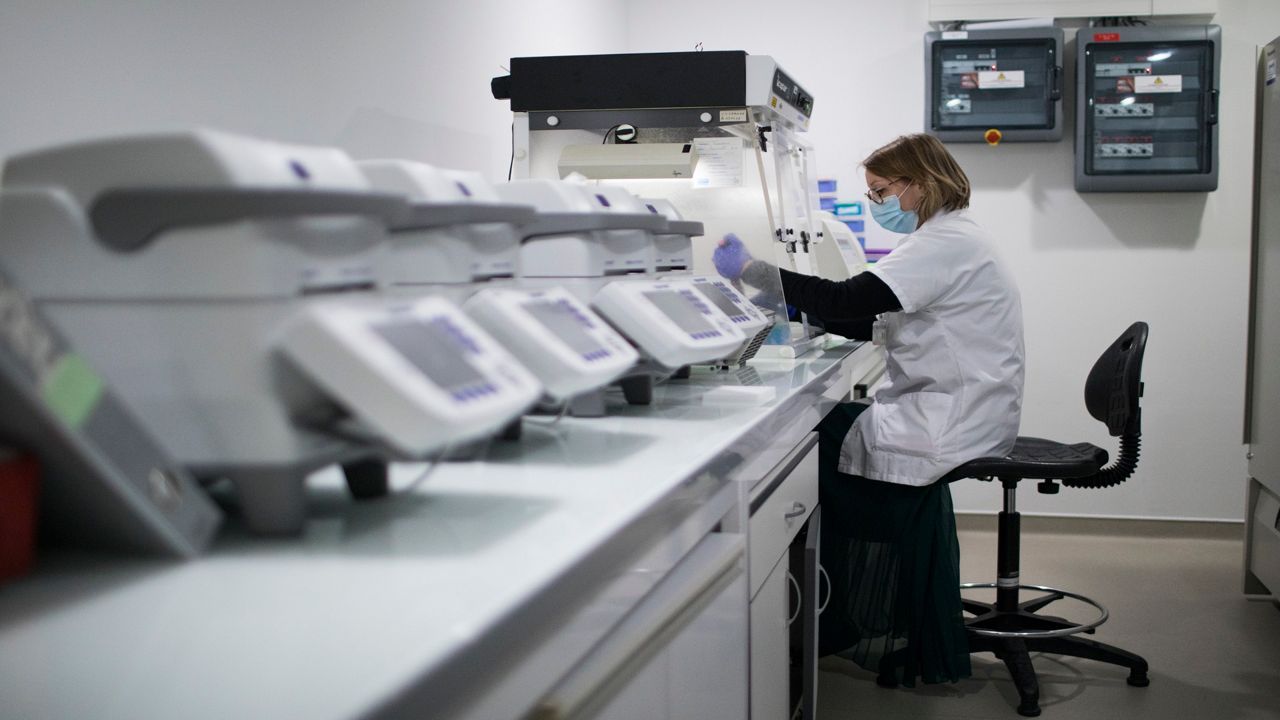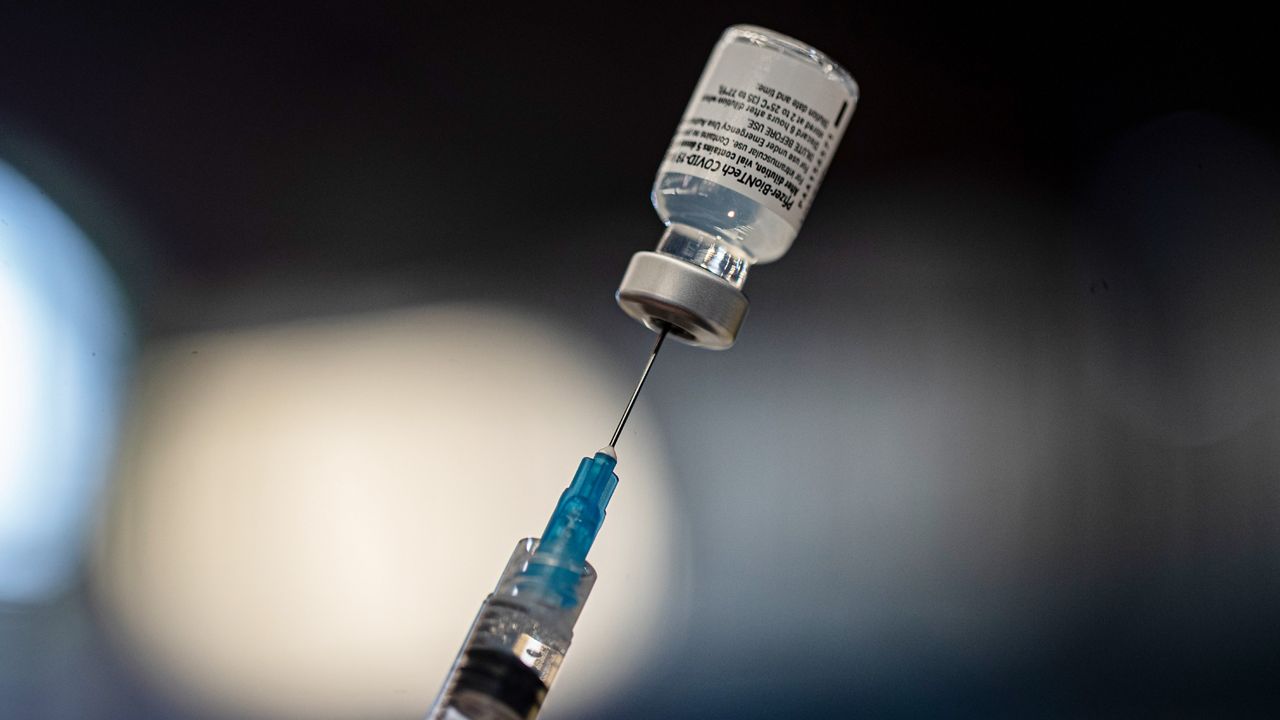TAMPA, Fla. — A mammogram is the single most effective way to detect breast cancer. And nearly 40 percent of women in Florida are not getting one when they should.
- Mammograms the most effective way to detect breast cancer
- Officials say women should start getting yearly screenings at 40
- Info from breastcancer.org
- MORE breast cancer awareness stories
The entire exam takes about 15 minutes. A woman's breast is compressed between two paddles and then a small amount of x-rays are used to look for cancer.
However, recently, these has been controversy over how ofter and when women should get a mammogram.
"Patients and their doctors disagree over the relative benefits and risks for screening mammograms," Doctor Bethany Neill said.
Neill is Moffitt Cancer Center's Breast Imaging Section Chief, and she knows all there is to know about mammograms and their benefits.
"What I want women to hear is get a screening mammogram, even if you do not have family history of breast cancer, it could save your life," she said.
Right now, 40 is the age women should start getting yearly screenings.
Out of every 1,000 women screened, 10 percent will need additional screenings, and about 20 people will need biopsies. From those, they will find five women with breast cancer.
The best way to know when you should get a mammogram done is with a breast cancer risk assessment, done with your doctor at the age of 30.
"Some women who are at very high risk of developing breast cancer need to be getting mammograms as early as age 30. Some high risk need to be getting breast MRI's as early as age 25," Neill said.
Breast cancer is the most common cancer among women, excluding certain types of skin cancer, and early treatment is the best chance for survival.
If you have health insurance you should be able to get a screening mammogram at no additional cost. If you don't have insurance there are several programs that will help you get a free or low cost mammogram. To get more information, click here.
For radiologist and doctors, a new toolkit is available to better talk to patients with cancer. Click here
WATCH THE VIDEO ABOVE: Our Erin Murray introduces us to a Bay Area woman who allowed us to follow along as she undergoes a mammogram. *The video contains sensitive content.*







